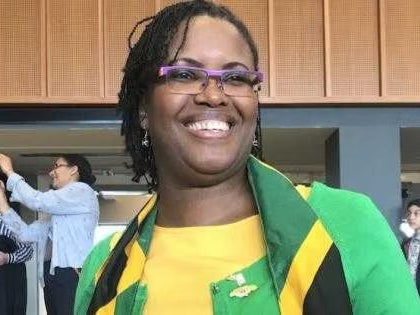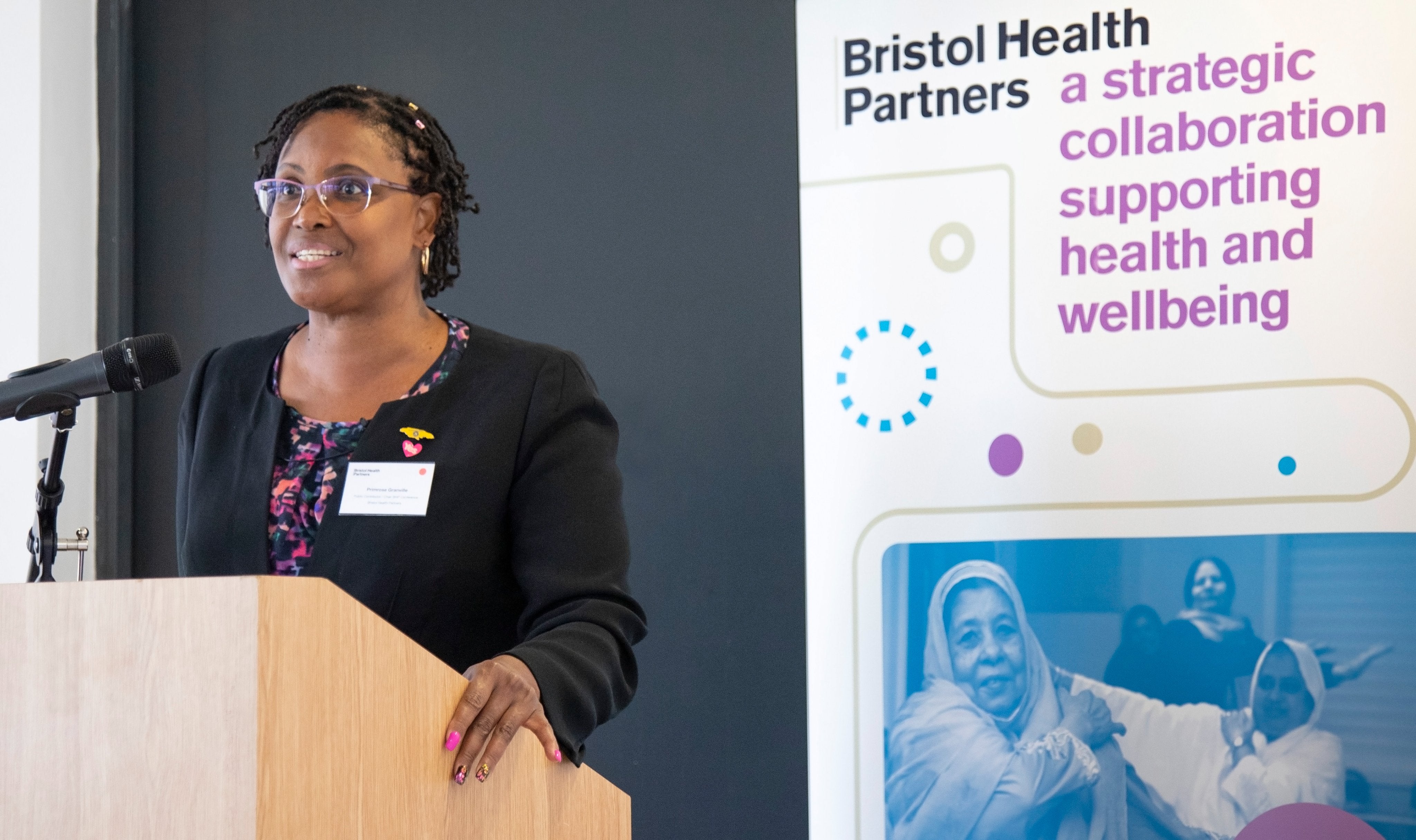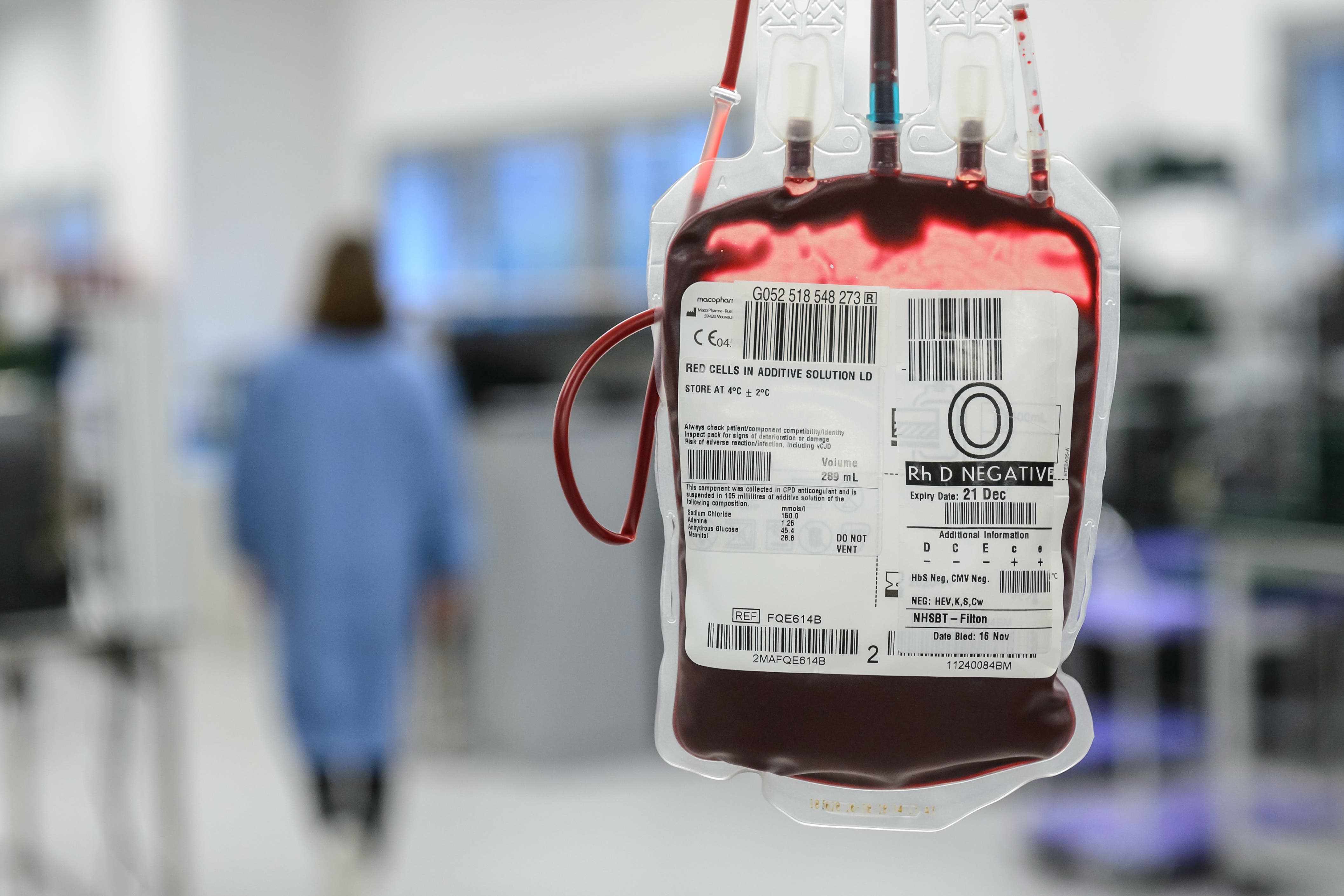Black patients reveal trauma of organ donor shortage after decade-long wait
Primrose Granville described the trauma of watching her mother and daughter wait for a transplant before she herself needed a new kidney

Your support helps us to tell the story
From reproductive rights to climate change to Big Tech, The Independent is on the ground when the story is developing. Whether it's investigating the financials of Elon Musk's pro-Trump PAC or producing our latest documentary, 'The A Word', which shines a light on the American women fighting for reproductive rights, we know how important it is to parse out the facts from the messaging.
At such a critical moment in US history, we need reporters on the ground. Your donation allows us to keep sending journalists to speak to both sides of the story.
The Independent is trusted by Americans across the entire political spectrum. And unlike many other quality news outlets, we choose not to lock Americans out of our reporting and analysis with paywalls. We believe quality journalism should be available to everyone, paid for by those who can afford it.
Your support makes all the difference.A woman has described the trauma of watching family members wait more than a decade for an organ transplant before she herself was diagnosed with kidney failure, as NHS figures show Black and Asian people wait six months longer for a donor.
Six in ten (62 per cent) of those on a waiting list for an organ transplant in London were of Black or Asian heritage in March 2022, according to data released by NHS Blood and Transplant (NHSBT) on Thursday. There’s also been a marked increase in people from racialised communities across England and Wales needing a donor over the past year.
Primrose Granville, 54, a broadcaster from Bristol, was born with polycystic kidney disease, a largely hereditary condition that’s sadly claimed the lives of at least five of her family members.
She said the horror of seeing her mother and sister suffer for years on dialysis awaiting their transplants led to a “crippling fear” when she was told she would also need a donor. She received a new kidney in a “miraculous” turn of fate after six months; the average waiting time is two to three years.
“When you’re waiting for a transplant, every single second counts,” Ms Granville told The Independent. “Coming from a family history where people waited a decade and then some, I grappled with the trauma of that prospect.

“I saw my mother and sister suffering while receiving dialysis and that was traumatic; that fear crippled me more than the kidney failure I was diagnosed with,” Ms Granville continued. “Miraculously, I received my new kidney quite quickly - after just six months and one day.”
According to the new figures, a growing number of ethnic minorities in the UK continue to wait for lifesaving transplants, with thousands left “in limbo”; the best match for an organ comes from someone of the same ethnicity.
During the “agonising” countdown for a new kidney, Ms Granville felt like a “hypocrite” because few people knew that she was living with end-stage renal failure.
“I existed in a bubble, telling myself that this wasn’t happening to me and, therefore, if I didn’t talk about what I was going through then it wouldn’t be real,” she said. “It was a tale of two realities; by day, I was happy and campaigning, telling people to join the donations list but by night, I was crying into my pillow.”
“My transplant means the world to me,” she added.
Since receiving her new kidney in 2018, Ms Granville has ramped up her campaign of encouraging more Black and Asian people to donate organs. The fight is far from over as her son Adam, 23, also has polycystic kidney disease and will need a transplant one day.
However, she is aware of the various strands that fuel organ donation hesitancy among some of these groups and feels the government needs to pump more funding into organ donation campaigns to raise greater awareness.
“When you go to Black and Asian communities asking them to donate organs, you will hear accounts of issues like mistrust in healthcare, religion, the constant reminder that we’re usually last to be cared for due to health inequities. Issues like this fuel the organ shortage we’re seeing.”

Belinda Otas, from London, is currently waiting on dialysis for her third kidney transplant which she describes it as “the gift of a second chance”.
“Living on dialysis is like living in limbo, you cannot plan and it defines your whole life,” the 43-year-old said. “My first kidney transplant changed my life; I was free from dialysis and felt I was given a second chance. I could study again and at the age of 25 I began a degree at university.
“There is hope; by talking about organ donation and joining the register, you are agreeing to give someone that gift of a second chance.”
Family consent or authorisation is still much lower for potential donors from ethnic minority backgrounds.

Overall consent rates were 40% for ethnic minority donors last year, compared to 71% for white potential donors, similar to rates from the previous year. Families not knowing what their loved one wanted remains one of the main reasons for organ donation not going ahead.
Aspiring nurse Maham Majeed, 21, passed away suddenly in May 2021 and, having joined the NHS Organ Donor Register, was able to help many others, donating her liver, kidneys, heart, corneas and bones.
Maham’s mum Nazia, a primary school teacher, says: “Maham was a compassionate human being who would help anyone. I remember she mentioned wanting to be an organ donor, but I never knew she had joined the register at 18 until she passed away.
“My initial reaction was ‘I can’t let anyone take anything out of my baby’s body’ but my eldest daughter, Farina, said we should respect Maham’s final wish and it would not be right to stop it. We found a card in her wallet too so it was clear and gave us a lot of comfort to be able to honour and respect her decision.
“In our community, people are not aware of organ donation, I want to make them aware it is something they should consider. In the Muslim religion, the most important thing is life, and saving a life – there is nothing bigger. Saving lives is more important than burying healthy organs.”
Join our commenting forum
Join thought-provoking conversations, follow other Independent readers and see their replies
0Comments